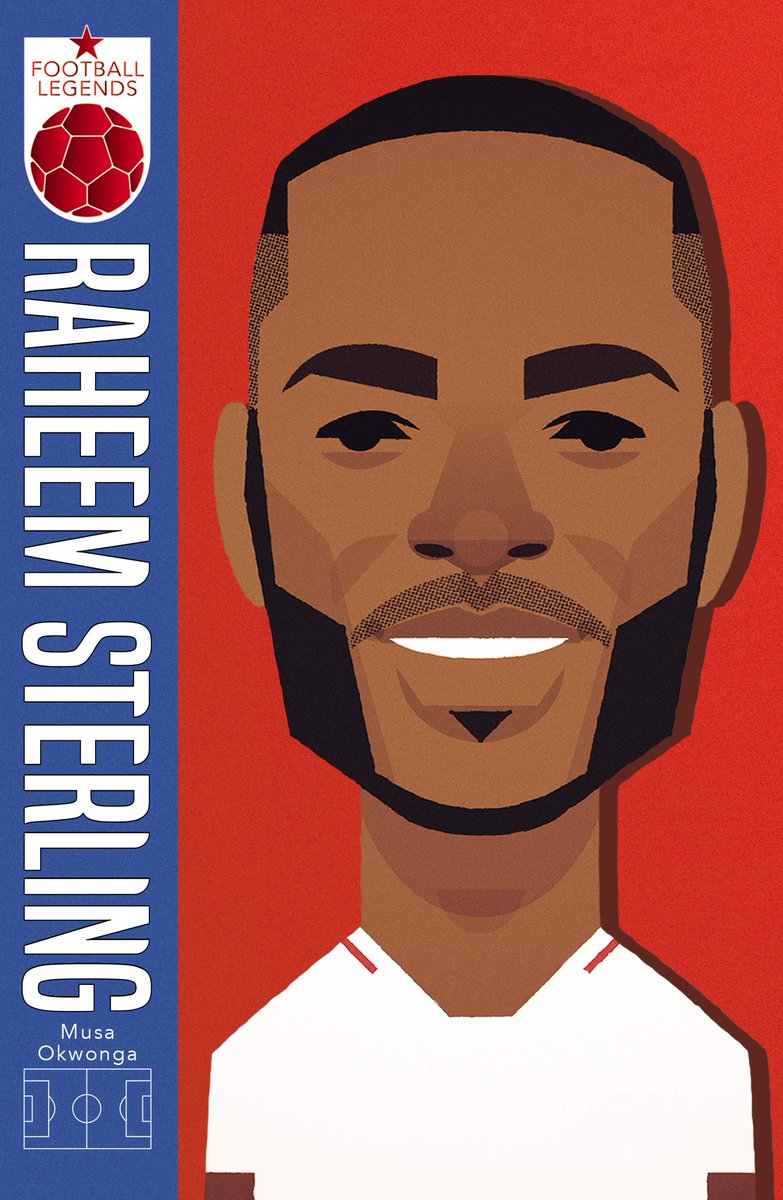
Welsh Indian South African Dutch Londoner.
Teaches @ucl. Writes @booksforkeeps Rep: @rachelphilippa
Welsh (Plural) March 2022 @RepeaterBooks
How to get URL link on X (Twitter) App


 @Okwonga @sterling7 Okwonga focuses on the drama and emotion of Sterling’s journey from a child in Jamaica to a schoolboy kicking a ball a short distance from Wembley Stadium to a man scoring a hat-trick for England inside the stadium.
@Okwonga @sterling7 Okwonga focuses on the drama and emotion of Sterling’s journey from a child in Jamaica to a schoolboy kicking a ball a short distance from Wembley Stadium to a man scoring a hat-trick for England inside the stadium.